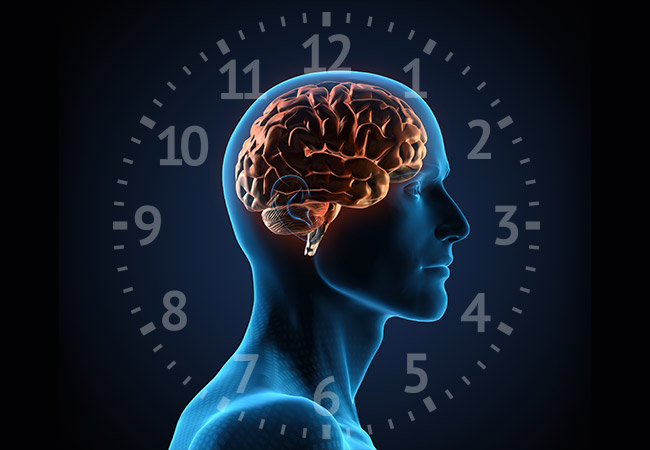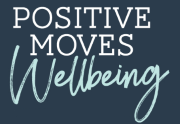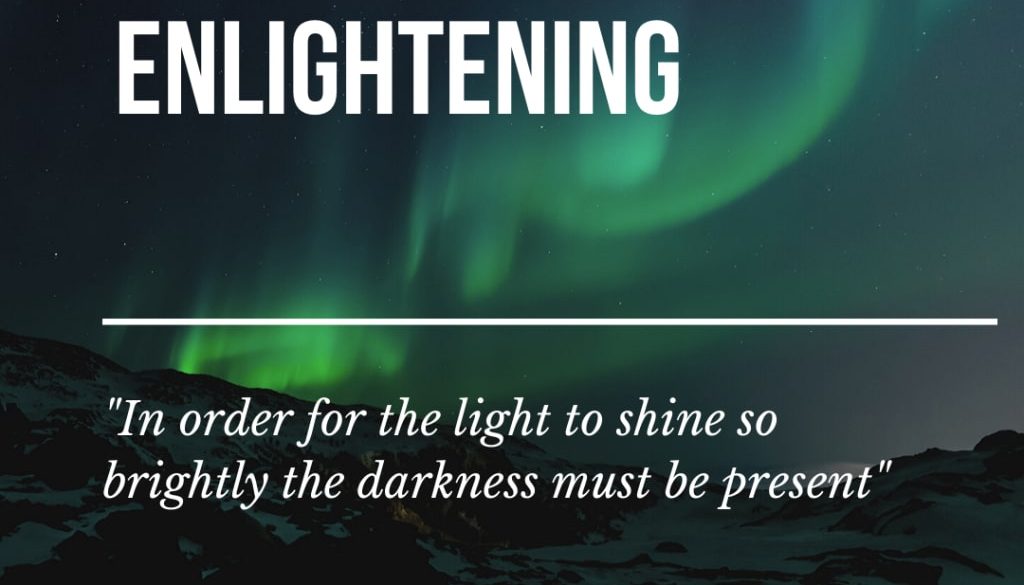Enlightening
How Light Impacts Mood and Biological Cycles
Summer promises to arrive soon in Australia bringing wide blue skies and bright warming sun. In the meantime, I’m stepping outside my comfort zone and into the Arctic Circle. I’ll restrict my exposure to daylight and immerse myself in freezing cold water. I’ve read the research and now it’s time to experience first hand how changes to my environment will impact my physical and mental wellbeing.
Our biology is set up to work in partnership with the natural light in our environment. From our sleep cycles to our immune systems and our mental health, access to sunlight is associated with sustaining life. Life has literally revolved around sun for a long time. We traditionally rise with sun and retreat to rest and restore when it sets. Only in recent history has evening light become commonplace whereas our ancestors gathered around the fire at sunset and bedtime followed.
Circadian Rhythms
Circadian rhythms are 24-hour fluctuations in the biology of our body. These rhythms impact the function of our body in a variety of areas including our sleep/wake cycle, our brain chemistry, the functioning of our immune system, the release of hormones in our body, and our mood. Light influences the timing and amplitude of our circadian rhythms. Studies in hospitals and nursing homes reveal how limited exposure to natural light flattens the associated peaks and troughs amongst residents. This reduced distinction between day-night cycles in the biology of residents is linked with poorer health outcomes.
Our relationship with sunlight can become distorted even without a trip to the Arctic Circle. Features of our modern lifestyle mean we are often acting counter to our biological design. We are losing our connection to the cycles of the sun as we spend more days in dim indoor lighting, more evenings watching brightly lit screens, and have less time outdoors in natural sunlight.

“Social jetlag promotes practically everything that’s bad in our bodies.
The more of it you have the fatter dumber grumpier and sicker you will be”
Social Jetlag
Social jetlag is a term coined by Till Roenneberg to describe the discrepancy between our social and biological timing. Our bodies are forced to shift between the time zone dictated by our work and social obligations and the time zone of our internal body clock. This shift can cause stress on our body and mind. Social jetlag and sleep deprivation are inseparable and chronic sleep deprivation is linked to type 2 diabetes, heart disease, obesity, and mental function. Forced to adapt to disruption in our circadian rhythms, our body organs become uncoordinated and function less efficiently. A lack of synchrony can cause gut issues, sluggish digestion and impaired bowel function. Altered light exposure also impacts symptoms of depression, dementia, migraines, and psychiatric episodes.
Protective Lifestyle Medicine
Applying the principles of lifestyle medicine and integrative health allows us to minimise the impact of these environmental changes on our body and mind:
- Manage light exposure in the lead up to this transition as best we can to align with our natural circadian rhythms.
- Seek exposure to natural light where possible as morning light is critical for our sleep cycle. We will be capitalising on hours when natural light is available.
- Reduce exposure to bright artificial light in the evening using dimmed, orange/yellow tones more aligned to the fires our ancestors. Candles and open fires here we come!
- Maintain regular routines and daily activity where possible. Floodlighting and torches will enable usage of walking tracks, playgrounds and ski fields despite the darkness.
- Be mindful of nutrition and exercise patterns given our cells and organs will be experiencing some social jetlag as well as the impact of the long haul flight.
- Monitoring mindset. Beliefs, thoughts and expectations can constitute protective factors when living with months of limited sunlight. Studies of the native Arctic Sami people found lower incidence of seasonal affective disorders than expected given the latitude and extended darkness. Research shows they have numerous positive connotations associated with winter and their vocabulary and behaviour are proliferated with examples of this positive mindset regarding seasonal changes.
We Are Different People In Different Seasons
What changes do you notice during different seasons of the year?
How do you mediate the impact of seasonal change on your body and mind?
Perhaps you have you experienced Seasonal Affective Disorder.
I will be embracing this opportunity to immerse myself in my environment and observing the accompanying shifts in my circadian rhythms and all the associated cycles in my body and mind. As always, I hope operating in harmony with nature will offer the best therapy. I’ll keep you posted….and any tips you have for tackling the ice cold water I’d love to hear!



